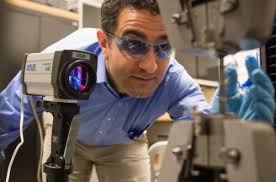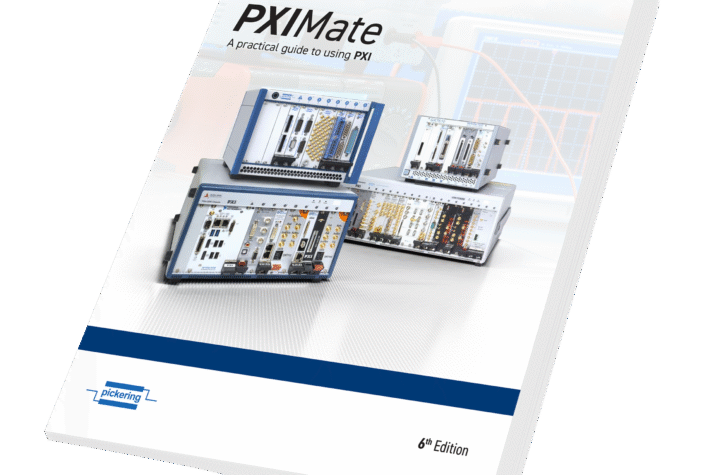
Henkel, a leading provider of adhesives, sealants and surface treatments for the automotive industry, in cooperation with Clemson University – International Center for Automotive Research (CU-ICAR) in Greenville, S.C., announced the development of novel experimental methodologies used to measure thermal expansion for dis-similar substrates used in vehicle development. Thermal expansion, which measures the substrate growth during heating, presents a significant challenge for automotive engineers, particularly as new lightweight materials are introduced.
“When one substrate grows faster than another during heating, potential issues can arise, including distortion, adhesive stress and potential de-bonding of adhesive joints,” said Michael Flener, Innovation Program Manager, Transportation and Metals Industries, Henkel. “By using these experimental methods in conjunction with our predictive models, OEM’s can better determine the ideal location and types of joining areas needed during the vehicle design and development process.”
The developed experimental methodologies utilize state of the art non-contact optical measurement systems which were customized and further developed to allow measurements at cold and high temperatures through oven windows. The developed methodologies have been validated through accurate measurements of thermal expansion and material deformation in coupon-level samples, sub-assemblies, and even large full-scale vehicles.
“The experimental methods we’ve developed with Henkel, along with the predictive model Henkel already established, open up new opportunities for the vehicle manufacturing community, including the ability to measure changes in full-sized vehicles instead of just coupon-size samples,” said Fadi Abu-Farha, Assistant Professor, Automotive Engineering, CU-ICAR. “These methods can measure full-field thermal expansion within one-tenth of a millimeter of accuracy – resulting in data that provide highly accurate understanding of how substrates and adhesives are interacting within automotive thermal cycles.”
Abu-Farha will present results of CU-ICAR’s research with Henkel during the upcoming SAE World Congress, April 5, 2017, during the session titled ‘Advances in Lightweight Materials’ (Part 1 of 2) at Cobo Center in Detroit.
About Henkel
Henkel operates globally with a well-balanced and diversified portfolio. The company holds leading positions with its three business units in both industrial and consumer businesses thanks to strong brands, innovations and technologies. Henkel Adhesive Technologies is the global leader in the adhesives market – across all industry segments worldwide. In its Laundry & Home Care and Beauty Care businesses, Henkel holds leading positions in many markets and categories around the world. Founded in 1876, Henkel looks back on more than 140 years of success. In 2016, Henkel reported sales of around 19.7 billion US dollars and adjusted operating profit of around 3.4 billion US dollars. Its three top brands, Persil (detergent), Schwarzkopf (hair care) and Loctite (adhesives) generated around 6.3 billion US dollars in combined sales. Henkel employs around 50,000 people globally – a passionate and highly diverse team, united by a strong company culture, a common purpose to create sustainable value, and shared values. As a recognized leader in sustainability, Henkel holds top positions in many international indices and rankings. Henkel’s preferred shares are listed in the German stock index DAX. For more information, please visit www.henkel.com












More Stories
Professional vs. DIY Tinting: What You Should Know
New updated edition of “PXIMate” reference guide for T&M engineers available from Pickering Interfaces
5 Mistakes That Can Ruin Your Car Accident Claim